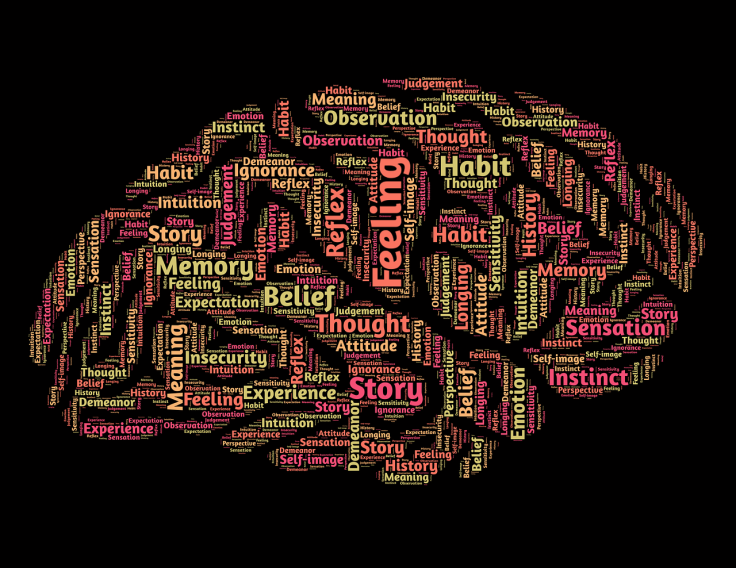
The brains of American teens have physically changed during the COVID pandemic, with a new study revealing that they aged faster than usual.
The young participants in the study also reported more severe symptoms of depression, anxiety, and what scientists call internalized problems after the first year of the pandemic, according to CNN. These internalized problems mean low self-esteem and fear, and trouble regulating their emotions.
Many studies have found that adolescents and teens' mental health has suffered during the COVID pandemic. The young people have been away from familiar support structures and their friends and were taken out of school.
Scientists compared MRI scans taken pre-pandemic and during the COVID outbreak
They also have had to live with the fear and uncertainty of the deadly coronavirus. Due to the pandemic, many parents lost their jobs, and millions of kids lost their parents and grandparents to the dreaded virus.
The research, published in the journal Biological Psychiatry: Global Open Science on Thursday, December 1, is one of the first studies to examine the brain's physical changes brought on by anxiety and stress.
The study comes from more extensive research in which scientists tried to understand the differences in depression among adolescents based on gender.
Scientists set out a plan eight years ago to take MRI scans of 220 kids ages 9 to 13 every two years. The team had already completed two sets of scans when the COVID pandemic interrupted their research. The scientists were able to start scanning again at the end of the year 2020.
When the scientists' research was interrupted because of this stressful event, the team decided that it would be interesting to study the effects of the pandemic on children's developing brains. The pre-pandemic scans taken earlier in the study would help the scientists make this comparison.
Teen brains aged during the COVID pandemic
The researchers matched kids in the same demographics, including age, exposure to stress, socioeconomic status, and gender. To find the average age of the brain, the scientists put the MRI scans through a model that combines data from other scans.
The MRI scans of 128 kids were then compared by the researchers, according to Axios. Half of those scans were taken before the COVID pandemic and the other half at the end of 2020. The scientists found that the children who had lived through the first year of the COVID pandemic had brain ages that were surprisingly older than their chronological age.
The brains that had gone through the start of the COVID pandemic had growth in the amygdala, the area that can help regulate stress and fear, and in the area of the brain that controls access to memories, called the hippocampus. Tissues also had thinned in the cortex, the part of the brain responsible for controlling executive functioning.